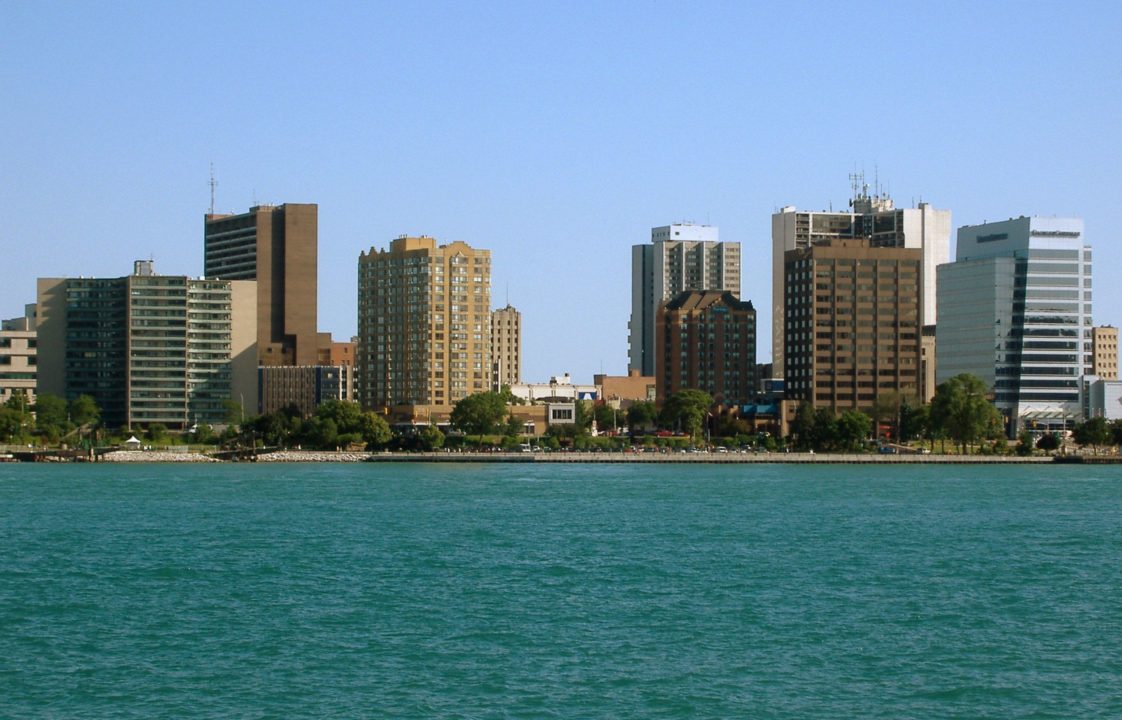Excitement continues to grow for swim fans, athletes and organizers as, for the first time since 2004, the FINA Short Course World Championships will be taking place on the North American continent. Windsor, Ontario, Canada is slated to host the 2016 version of the competition, with events scheduled to begin on December 6th and span six days, concluding on December 11th.
The city of Windsor is expecting over 900 elite swimmers to attend the event, which is notably fewer than that of the estimated 1300 in 2014. However, the estimate of 900 does fall in line with the figure of 958 that represented the number of swimmers at the post-London Olympics 2012 short course worlds in Turkey.
Existing structure, Windsor Federal Credit Union Center (WFCU) ,is the arena in which the temporary competitive pool will be constructed. However, as Windsor is required to also have a 25-meter warm-up pool as part of its hosting duties, the city initiated an additional $6.5 million investment in a permanent add-on facility at WFCU to fulfill that will meet the condition. The warm-up pool will then be used by the community post-championships. Ground-breaking ceremonies for the new addition were held this week.
The significant monetary investment required to host such a giant production recalls the bitterness some West Islanders hold on to today, as they consider themselves still “on the hook” for the FINA Masters World Championships that were held at Park Jean Drapeau last year. Just months before the competition, the Montreal Agglomeration Council voted to spend $2.7 million for a portable pool facility, rather than hold the championships at the new $18 million facility in Pointe Claire. (Suburban News)
As a result West Islanders have paid out more than $500,000 in taxes, or 18.7% of the cost it took to host the competition. Expressing his anger over paying for something he says the citizens comprising the cities, towns and boroughs of Island of Montreal never wanted, Mayor Michael Gibson said recently, “The council has sent a clear message to West Islanders that they are only part of the agglomeration when it comes to paying for important island-wide activities, but not when it comes to benefiting from such events.”
Thus, the costs of hosting such a worldwide event is becoming more difficult for one city to bear, such as it is with the biggest global competition of all, the Olympics. Revisions in the International Olympic Committee (IOC) President Thomas Bach’s Agenda 2020 plan now even allow for more than one city to apply to host the Games to help spread the financial burden of hosting such productions.
